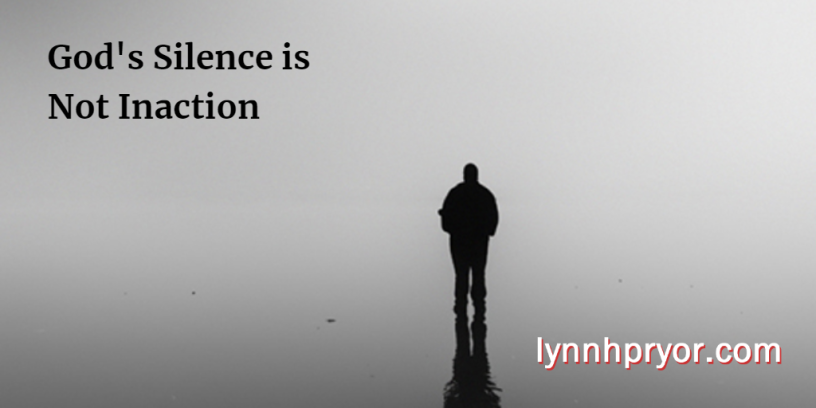God’s Silence is Not Inaction

 Almost everything about the story of Esther is “wrong.”
Almost everything about the story of Esther is “wrong.”
- Esther and Mordecai, rather than live out their Jewish faith in Persia, assimilated and even took Persian names.
- Xerxes, the king, was a cruel and exploitive monarch, who was only in the market for a new queen because he embarrassed his existing queen, Vashti, after a night of drinking and debauchery.
- The process by which the king chose to find his new queen was to create a harem by trafficking young girls in his kingdom.
The world of Persia was a cruel and messed up world. God’s name is not even mentioned once in the Book of Esther. And yet, this book shows the faithfulness of God when His presence seems most obscured. God’s promise to preserve His people is tested by the genocidal aims of the power-hungry Haaman.
In the story of Esther, memorialized by the Jewish people during the feast of Purim, God raised up a flawed queen and an equally-flawed uncle in Mordecai. They risked everything to save Israel.
The temptation when studying the Book of Esther is to make the book about Esther. It’s true that, in a moment of crisis, she risked everything for her people. But the real story of Esther is the One whose name is not mentioned. God was behind the scenes working to preserve His people and bring justice on behalf of the vulnerable.
There is much for us to learn and apply from Esther to the world in which we live.
- Justice is not about me. We might look around us and wonder how we might sacrifice and risk to save people in danger of being crushed by injustice. But most of all, we should remind ourselves that the work of justice is not about us. It’s not about getting praise from our peer groups, retweets of our pithy sayings, or Instagram photos that broadcast to the world our philanthropy.
- Justice is rooted in a just God. Justice is ultimately rooted in a just and rescuing God who can be trusted to keep His promises. Ultimately, the story of Esther is a mere shadow of the justice we see in another broken place. On a lonely hill outside Jerusalem, Jesus risked all to face the wrath of God so that He might free us from our enemies: Satan, sin, and death. And His resurrection ensures that perfect justice is on the move. We will see His ultimate justice in a kingdom that, unlike Persia, will last forever.
- God is at work even when we don’t see Him. Though mentions of God are absent in the Book of Esther, the text whispers His name. And so it is today. We live in a world that often seems as dark and dystopian as Persia, with cruelty, abuse of power, and injustice all around us. But the Bible tells us that God is gathering history to Himself, He is not surprised by what surprises us, and He is gathering a people for Himself and His kingdom.
For a printable version: click here.
 post supports the study “Stand Up and Speak” in
post supports the study “Stand Up and Speak” in 





